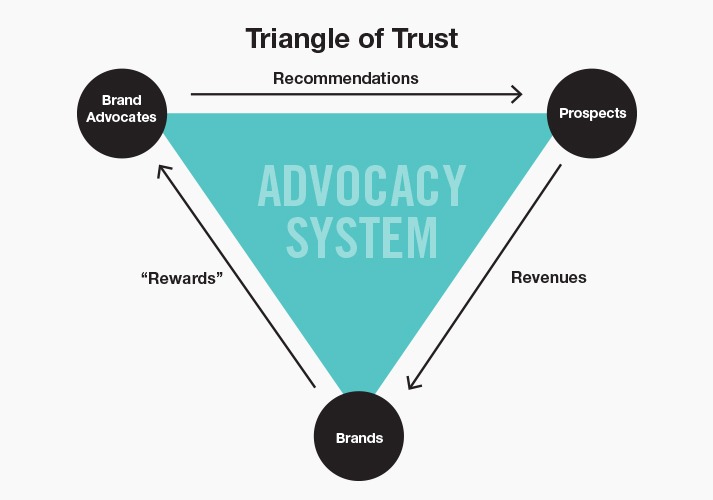Last year coming into this one, real time marketing(trends), videos and brand influencers were termed as the big breaks in digital marketing. True to it, they attracted a lot of buzz. An underlying factor that will not change in years to come is trust. That is why soon after the tempo normalized, there were transitional changes in influencer marketing with brands reaching out to micro-influencers with less following but high engagement rates. Another element that showcased itself was brand advocacy, which increased consumer trust in certain brands. Employee advocacy also emerged as something which can be a company’s valuable asset online.

There is a lot of confusion when it comes to influencers, brand ambassadors and advocates. Influencers are purely based how many people they can reach (awareness) while the latter performs a deeper role, they are more than just a broadcast piece or loyal customers, they have a deep understanding of a brand’s purpose. They identify with a brand’s values and consider purchase decisions as part of their identities.
Brand advocates can be employees or specific people who create conversations and inspire relationships with an audience about a brand. They are inherently active in spreading news about their preferred brands to their social circles through information sharing and recommendations. They play a big role in increasing the social trust of a company which is a big boost to marketing efforts.

Trustworthy Information
As earlier mentioned, brand advocates identify with the brand by being more than loyal customers. When a brand advocate shares information about a product, they are not being compelled by an execution brief drafted by a marketing executive, they are talking about personal experiences with the said products which comes off as authentic. A lot of social media users affirm that they trust recommendations from people who are associated with a brand either as regular customers or as an employee.
Maximizing on advocacy
Be it monetary or non-monetary, incentives have been known to go a long way in cultivating relationships based on the know-like-trust element. For advocates who happen to be employees, money is a great incentive. For loyal customers, they have a tendency of being active on social media, make sure you know who they are, follow, retweet, like and share their posts about your brand. Then go ahead and offer them a reward for being loyal to your brand.

You can use monitoring tools to see who posts positive sentiments about your branding from time to time. Send them a private message and ask if they would be open to discuss collaboration sometime in future when you have campaigns that target people like them.
Not everyone will be suited to be a brand ambassador, Scout people who
- Have significant online presence
- Well versed with developments in your industry
- Have a strong affinity for the company and its growth
Ultimately having consistent brand messaging, providing good quality and shareable content is a prerequisite online. It starts with your brand, then empowering your loyal fans then ultimately, they will empower your brand. Check out 10 case studies that prove the ROI of brand advocates.

Featured image via http://barnraisersllc.com.

